ALTERNATIVE INCOME FROM ELEPHANT FRIENDLY ENTERPRISES

Alternative income generating activities provide opportunities for farmers to earn extra income through other diverse ways, rather than fully depending on farming.
Elephant friendly products are made from raw materials that have not threatened the survival or exploitation of elephants.
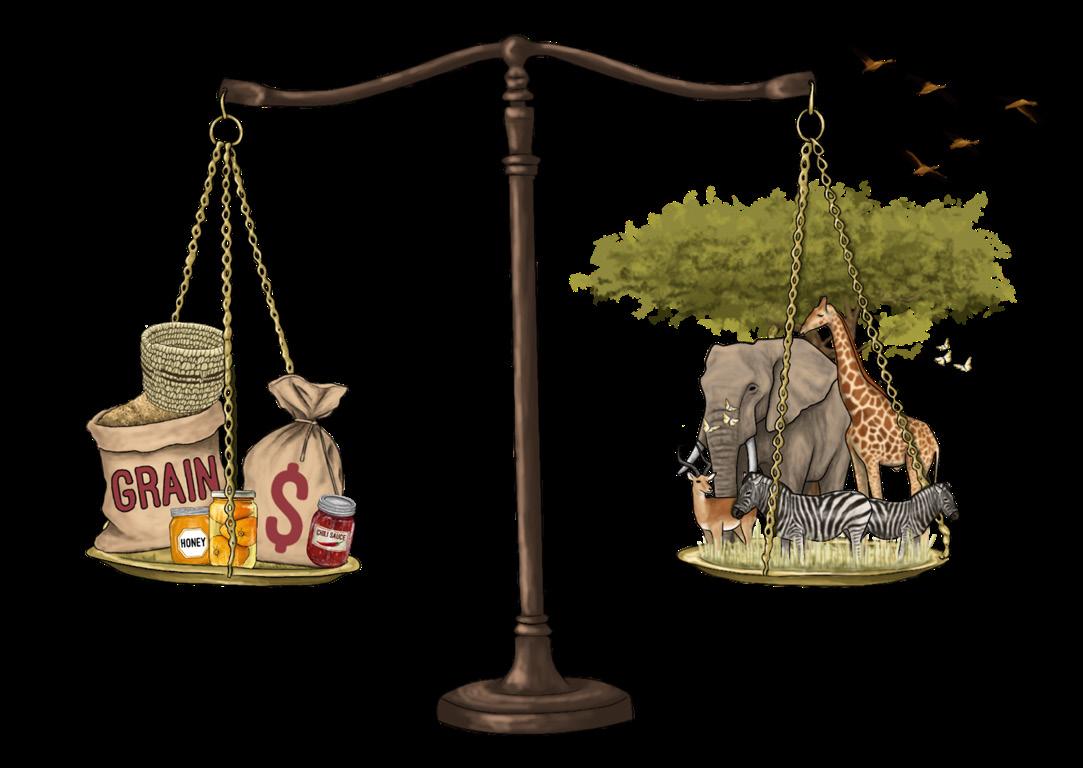
Communities sharing the same space with wildlife are also provided with other benefits resulting from ethical wildlife protection.
This, in return, boosts co-existence between people and wildlife.





Because of the changing climate, drought becoming more persistent, which is why crop yields either do not reach market standards or are not planted due to lack of rainfall.
Having other income sources other than crop harvests also reduces the household shock should an elephant successfully raid a farm and damage/eat crops.
One Health: people, animals and the environment all have to be healthy for our communities and ecosystes to thrive.
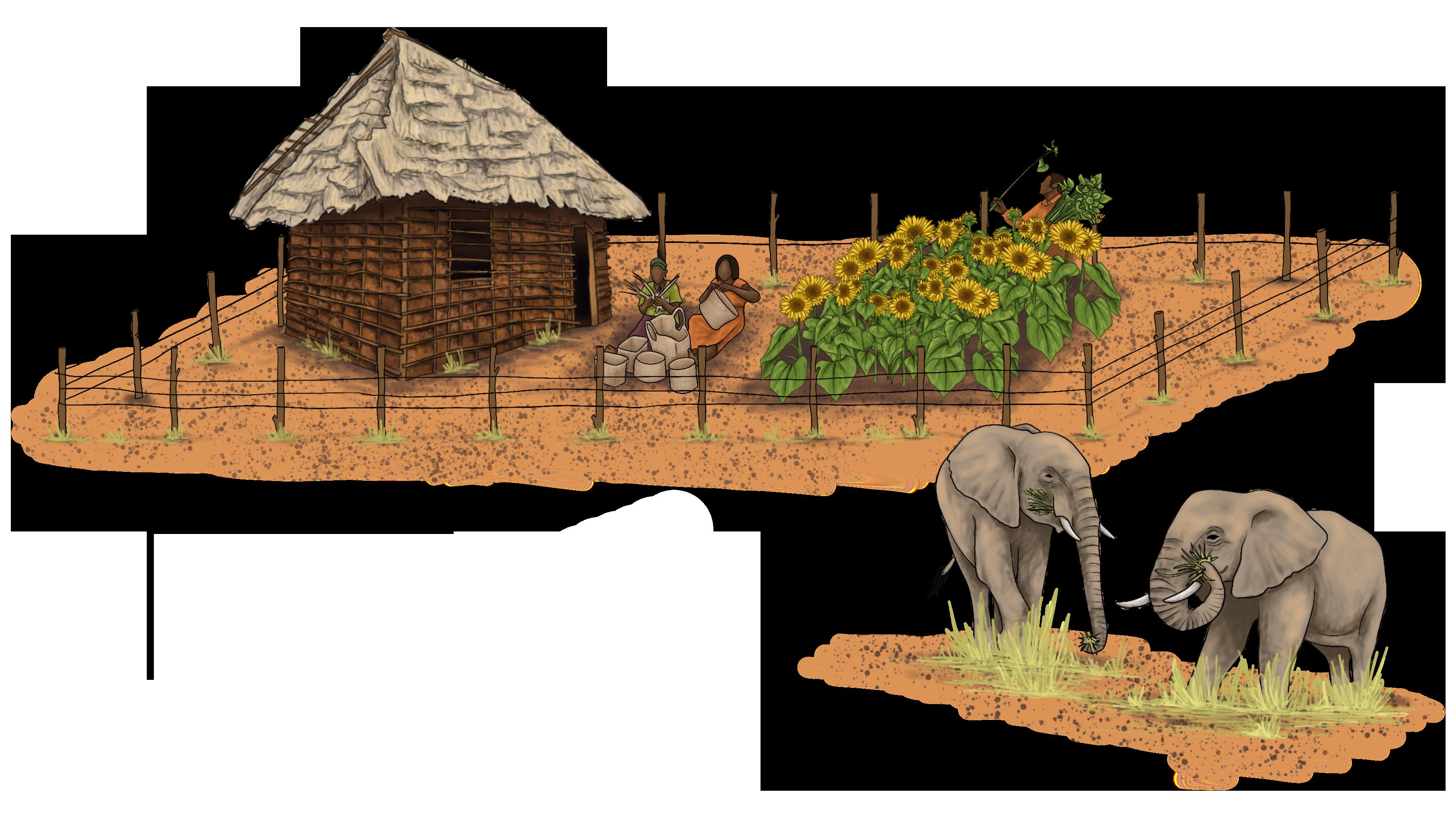
1.
Elephants do not like honey bees so hanging beehives around your farm will make a good mitigation method for elephants.
1) Elephant Friendly Honey
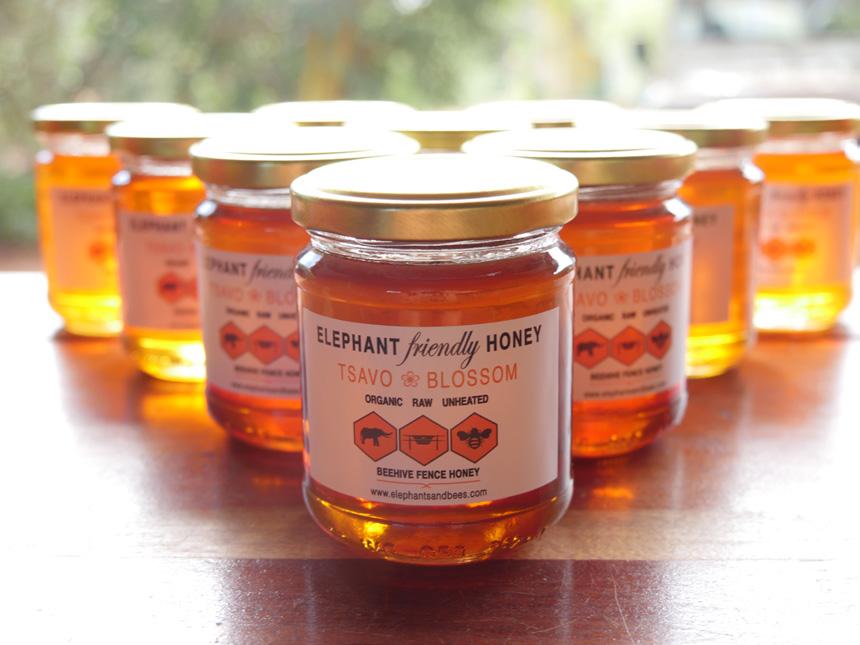
Lip balms can also be produced with natural beeswax and sold.
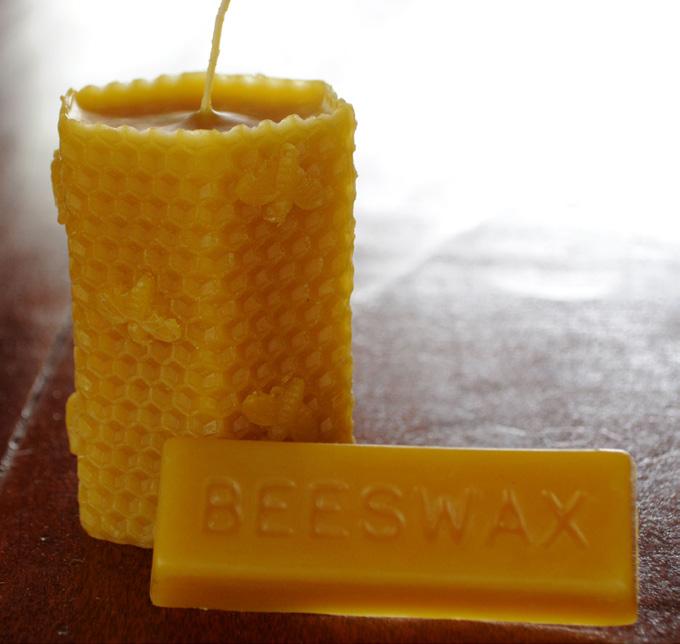
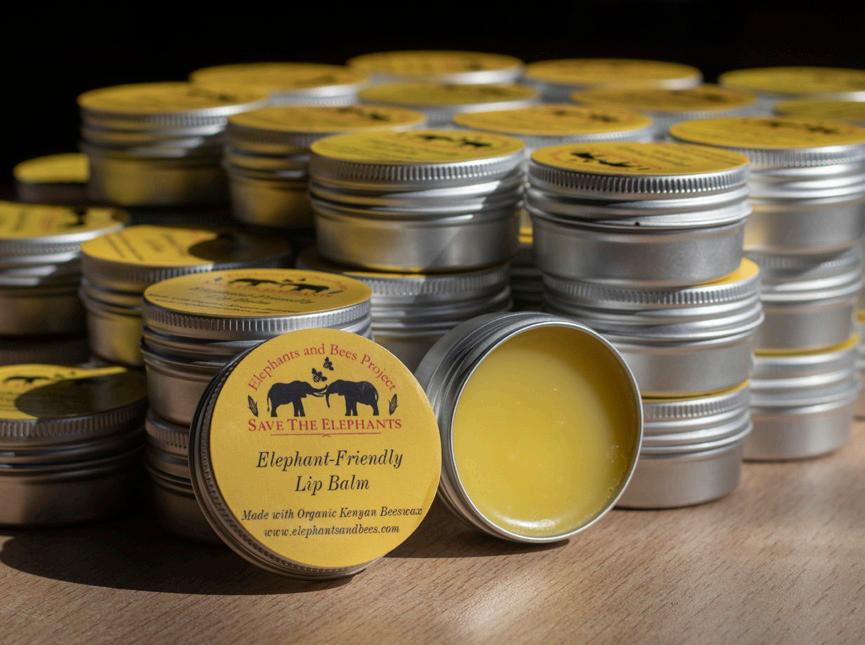
Elephants & Bees Project (Sagalla, Tsavo) purchase raw honey from farmers that have beehive fences protecting their crops from elephants.
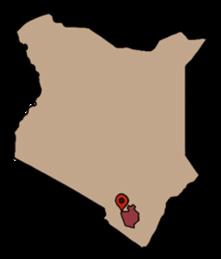
Elephants Alive (Limpopo, South Africa) collect honey from beehives hung from Marula trees which are used to protect the trees from elephant damage.
Protective beehives hung in trees can also discourage people from cutting down trees for charcoal.
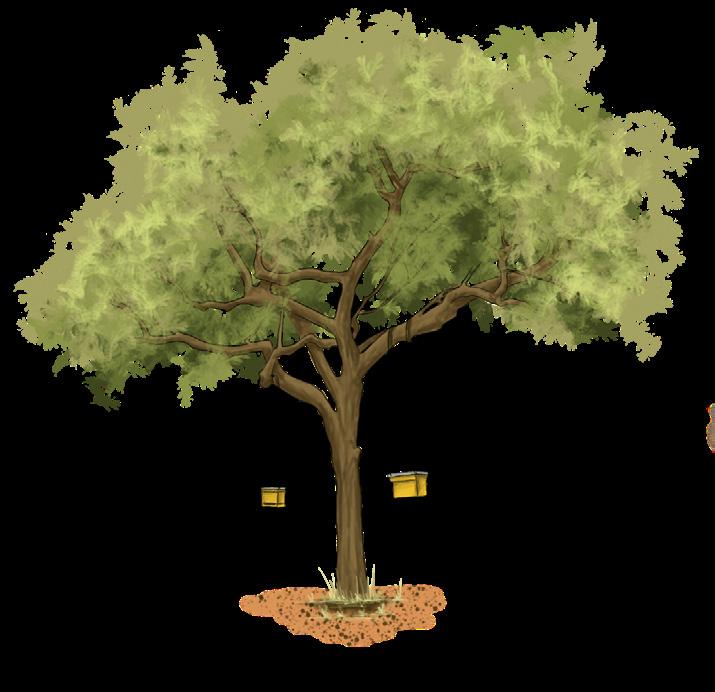
If elephants try to push through the fence, the bees provide ‘natural electricity’ (or stings) that deter elephants.
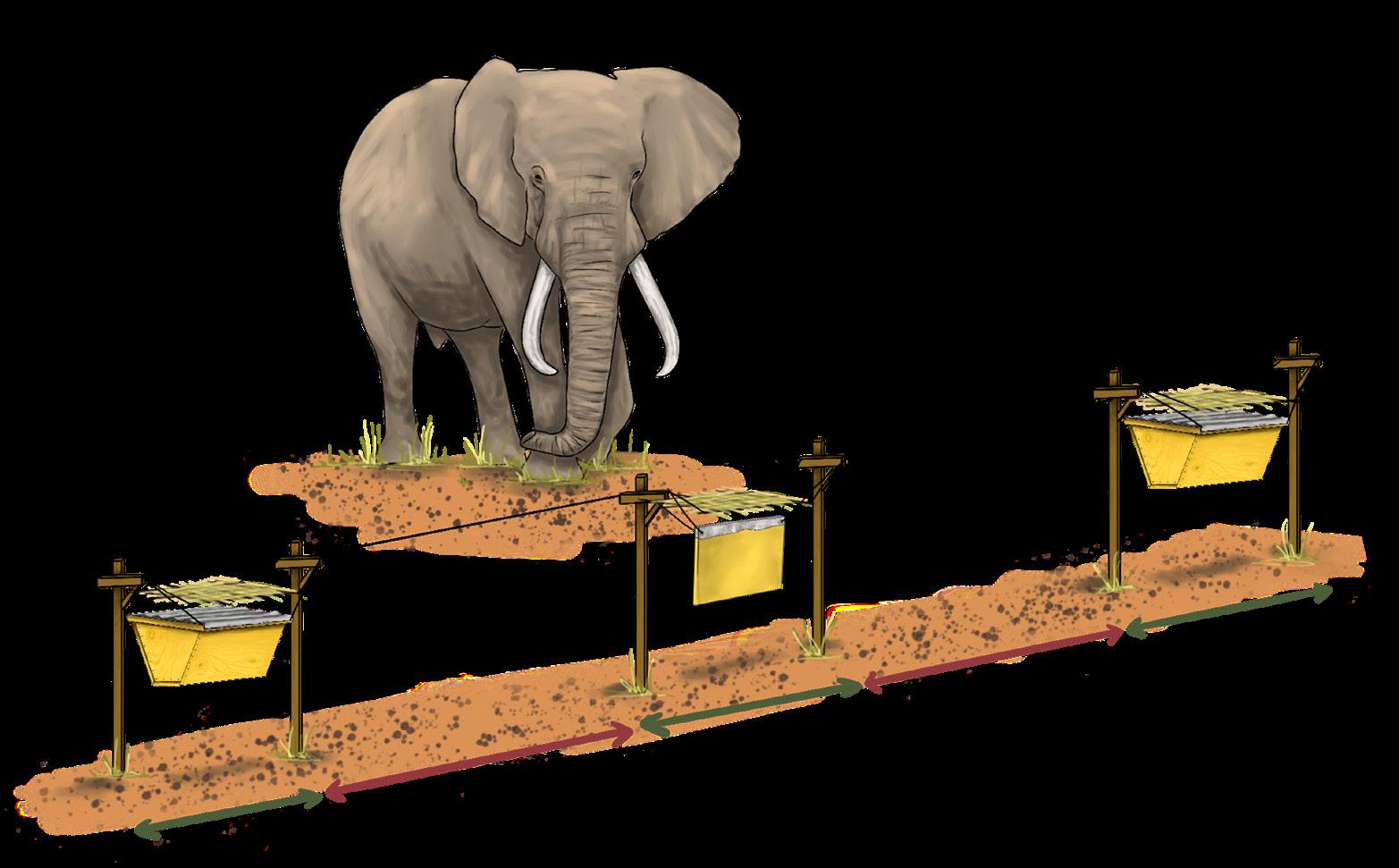
When the honey combs in the beehives are full, honey is harvested and safely processed.
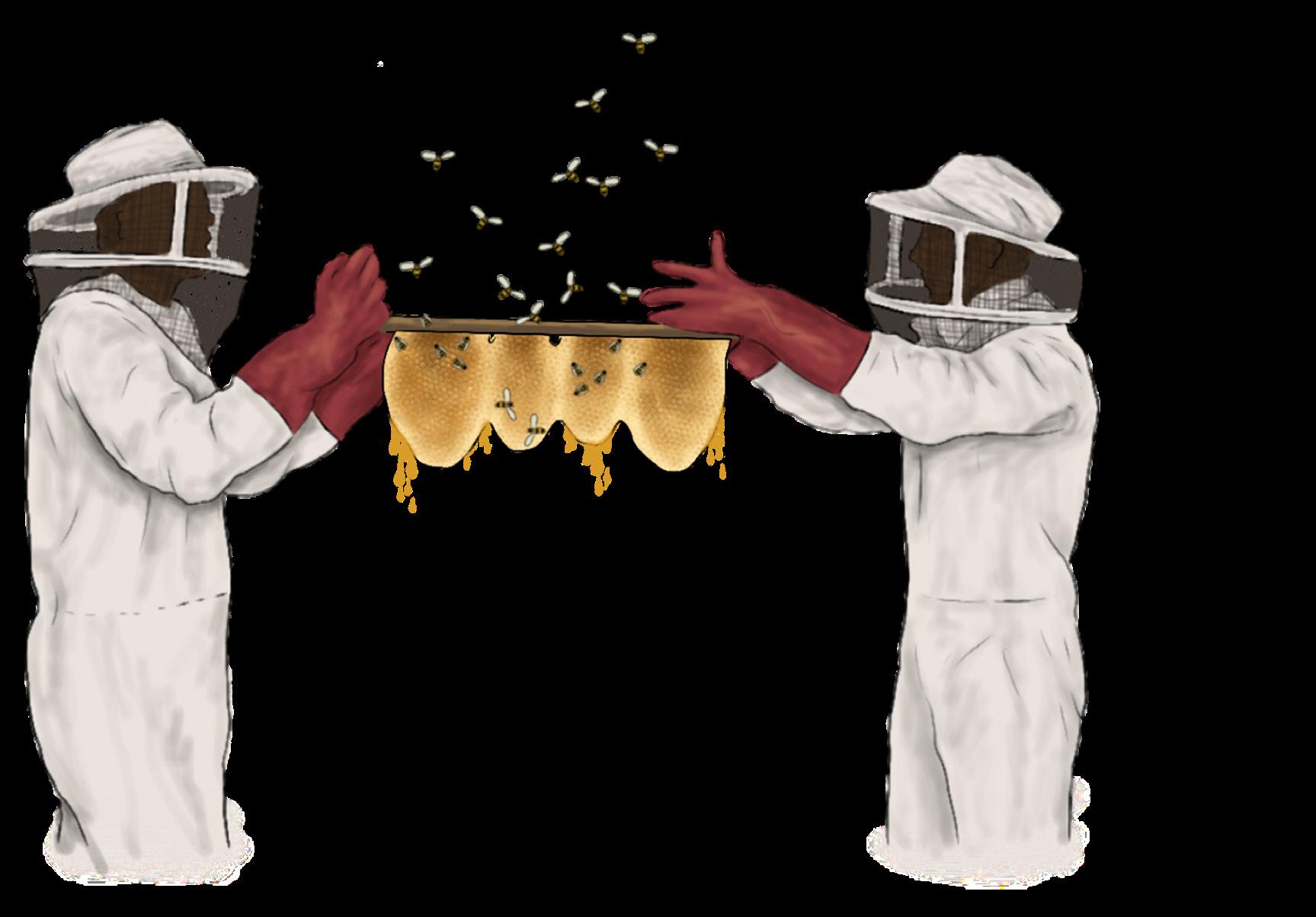
Honey is valuable to sell for extra income or use as a replacement for sugar.
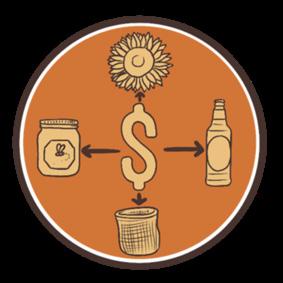
See Beehive Fences for more information








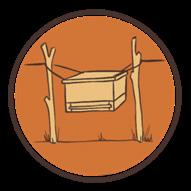
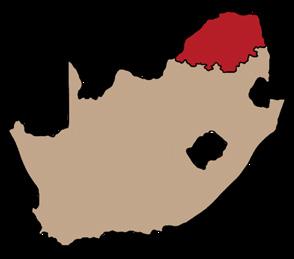 Elephant friendly honey jars and lip balms © Elephants & Bees Project
Candles made from beeswax © Elephants & Bees Project
Elephant friendly honey jars and lip balms © Elephants & Bees Project
Candles made from beeswax © Elephants & Bees Project
2.
Kenya, Sagalla South Africa, Limpopo
Such crops include sunflower, chillies, okra, lemongrass and garlic etc.
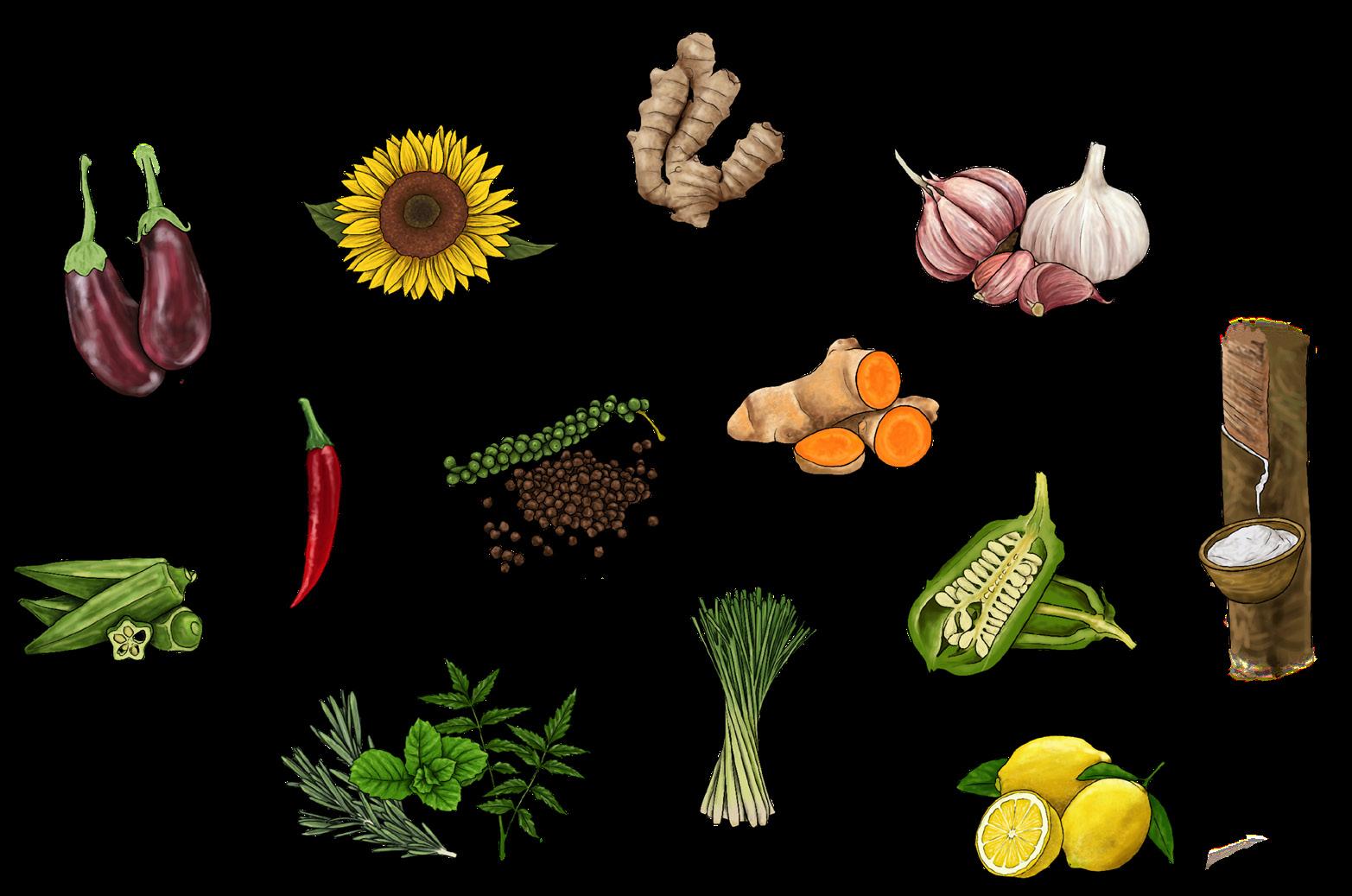
2) Elephant friendly non-palatable crops
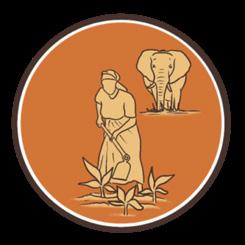

Non-palatable crops are those that elephants do not eat. Planting these reduces elephant crop raids, in turn reducing conflict.
See Crop choice and kitchen gardens for more on non-palatable crops
The Tom Yum project (Thailand) and Elephants & Bees Project(Sagalla, Kenya) support farmers to organically grow nonpalatable crops.
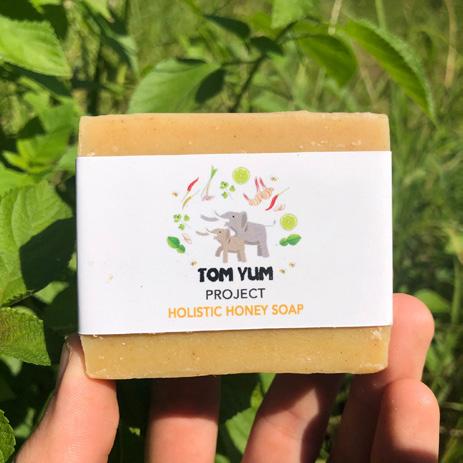

Kenya, Sagalla

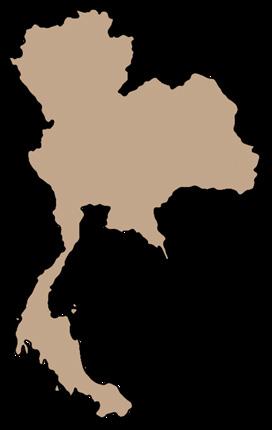
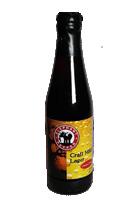
Thailand
These crops are then used in a range of handmade products such as soaps and candles
Red chillies
Sunflower seeds harvested can be processed into oil and sold. The remains after oil extraction from seeds make good chicken feeds.

Sunflower leaves and husks can be collected and sold to dairy farmers, or fed to your livestock

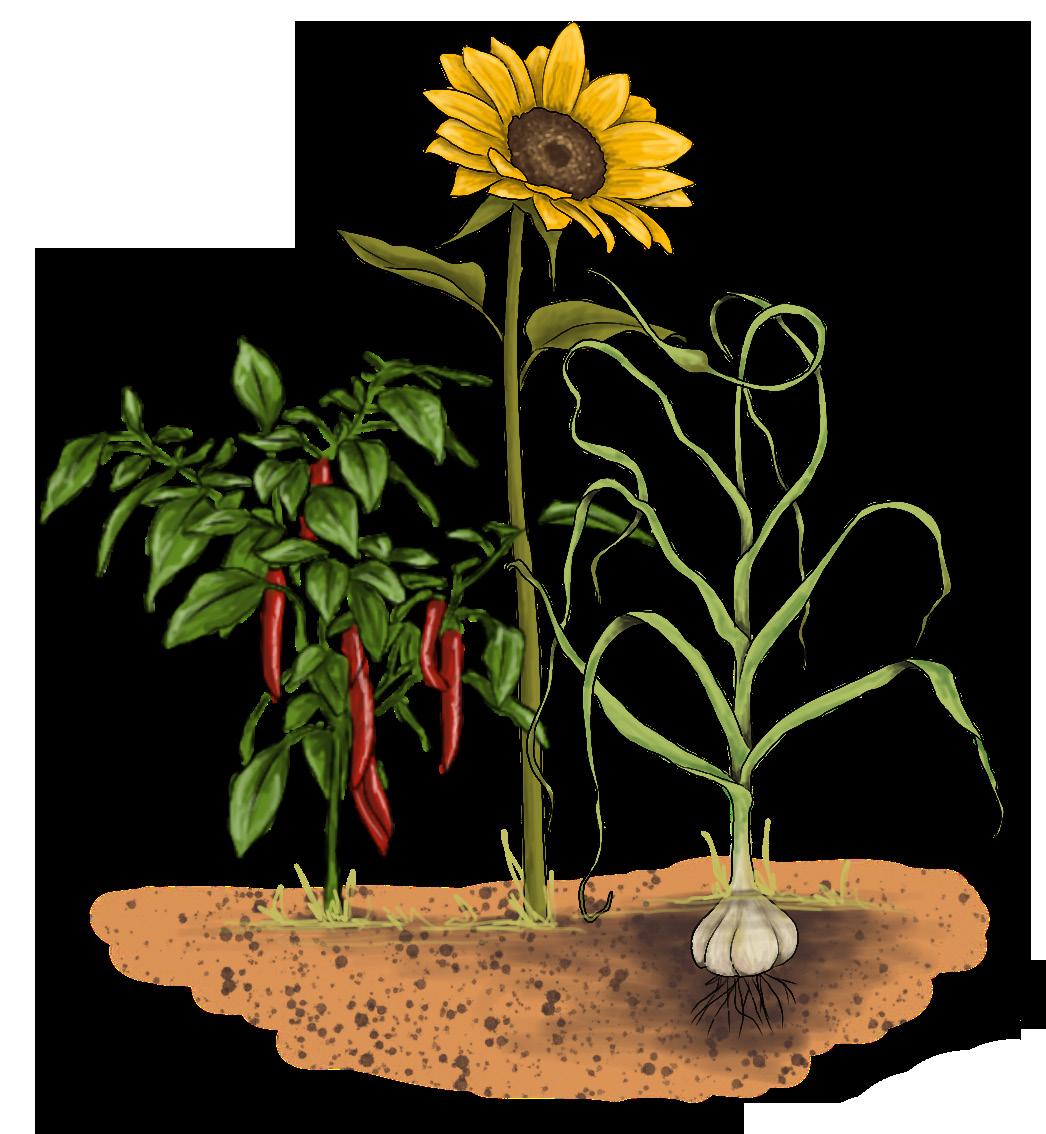
Herbs e.g. mint, rosemary and neem
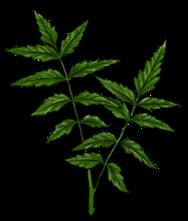
Lemongrass









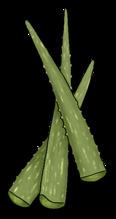
Citrus fruits such as lemons
The Pepper Company get raw materials (baobab, sorghum, marula and chilli) from farmers living in human - wildife conflict areas who engage in conservation measures, and produce finished products such as chilli pickles and sauces.
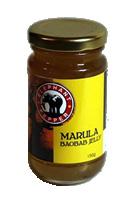
Soaps can also be made from neem oil and aloe vera.
Watch more on: Alternative crop planting
Fruit jelly and Marula Baobab jelly © The Pepper Company
Coexistence candle and Honey soap © Elephants & Co
Sunflower field protected with a beehive fence © Save the Elephants
3.
Eggplant
Sunflower
Okra
Black pepper
Ginger
Garlic
Turmeric
Rubber Sesame
3) Elephant Friendly Tea
Elephants do not feed on tea leaves, but agricultural lands planted for tea production can play a vital role as corridors of movement between natural areas.
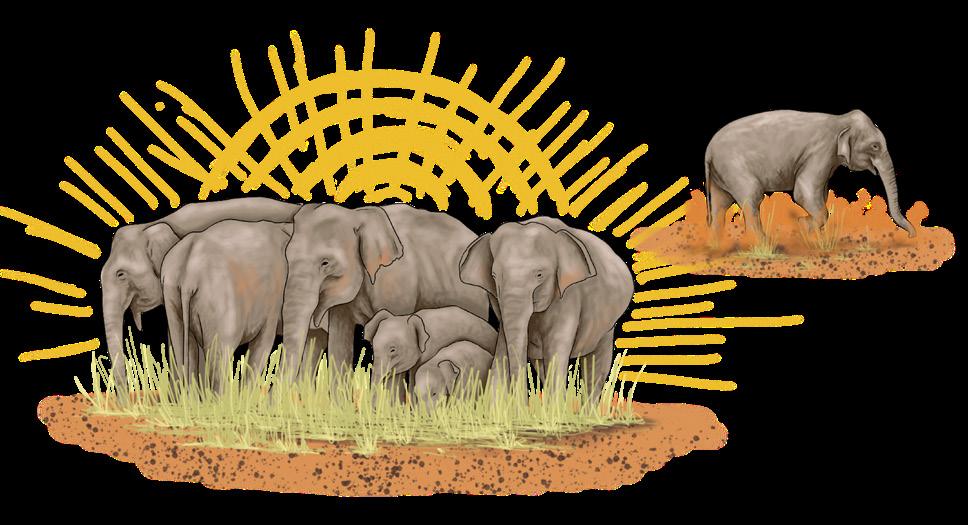
4) Micro-Enterprises

Common in Assam, India, tea gardens are widespread in parts where animals live. Elephants have no choice but to move through them.
Protection of elephant habitat and water resources, reduces human elephant conflict as elephants are not forced to enter the tea plantations.
Women are encouraged to make items such as jewellery, baskets, bags, bracelets and others to sell in the market or to tourists, to earn an additional income for their families.
a. Jewellery

India, Assam
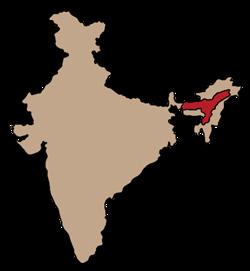
Tea companies join forces with wildlife conservation efforts to launch the world’s first certification program aiming to provide incentives for conservation of elephants in the wild © Wildlife Friendly Enterprise Network
Elephant Friendly Tea encourages farmers to grow their tea organically- without the use of chemicals such as pesticides.
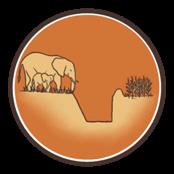
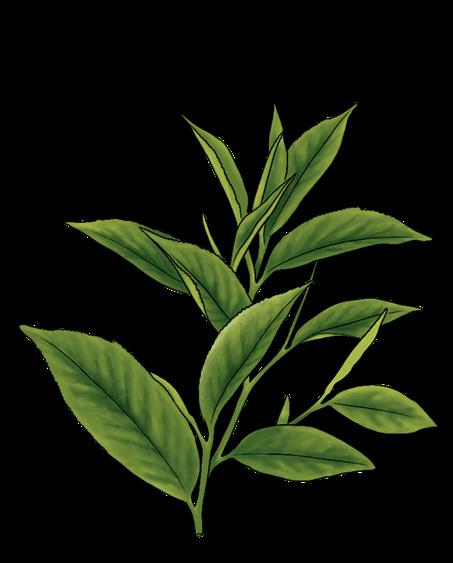
Plantations must also have angled trenches between the tea plant furrows to allow elephants to climb out if they fall in one.

See Trenches for more
Mlambeni Basket Weavers (Sagalla, Tsavo) and Wildlife Works (Voi, Kenya) provides employment to women who make hand-made products.
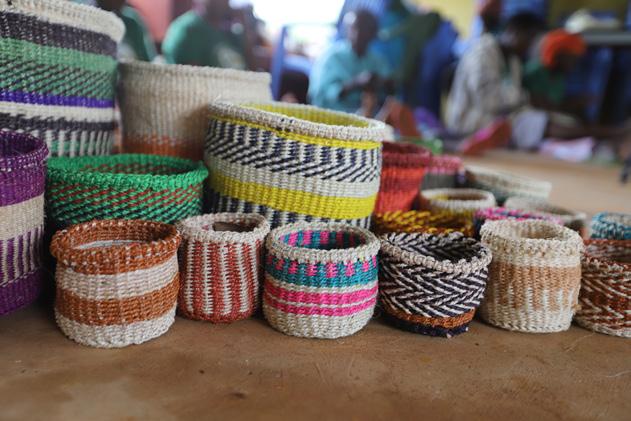
Every product bought provides women with income and diversifies them from only earning an income from farming.
Chemicals from tea production can contaminate water and harm both people and elephants with toxins.
Read more on Tea Companies Invited to Join Elephant Conservation
Efforts Through A New Certified Elephant Friendly TeaTMPartnership
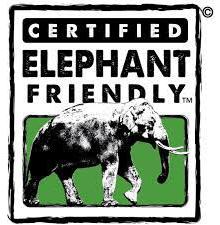
It’s Wild! (COMACO, Zambia) sell Snarewear- jewellery crafted from snares confiscated by local farmers to protect wildlife and available to consumers globally. this encourages community members to gather any snares they find.










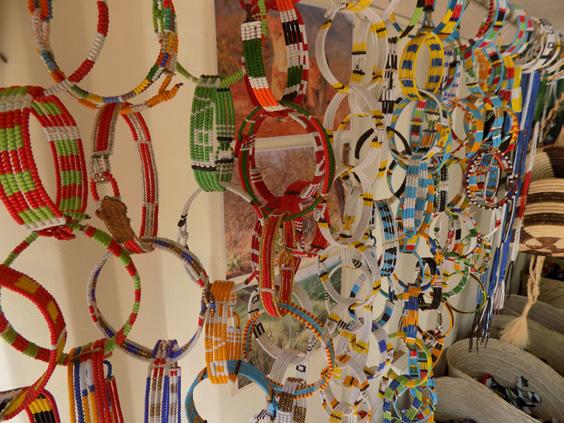

Watch more on: Hadithi Crafts- African Basket Weaving
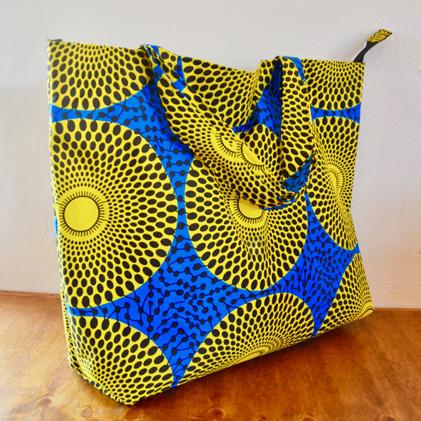
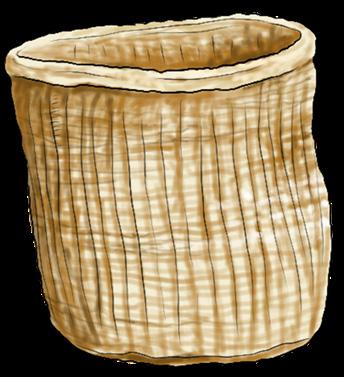
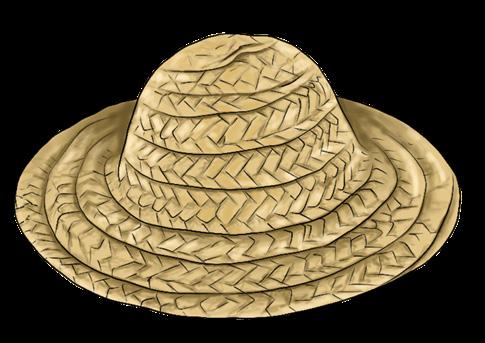 Hand-made woven baskets and bags © Save the Elephants
Hand-made beaded bracelets © Wildlife Works
Hand-made woven baskets and bags © Save the Elephants
Hand-made beaded bracelets © Wildlife Works
Read more on Products sourced from small-scale farmers 4.
b. Sewing and Tailoring


This activity requires only a small amount of training and can be a protective and appropriate source of skilled labour and income throughout the year.


c. Backyard Poultry Farming
By spending a little time and money on chicken care and vaccinations, farmers can collect eggs and have meat to sell.
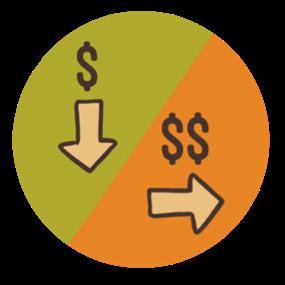

Chicken droppings also make good manure material to add into farm soils.
Sewing is also an ideal activity for elderly/ disabled community members who cannot actively defend their farms or build barriers against elephants.
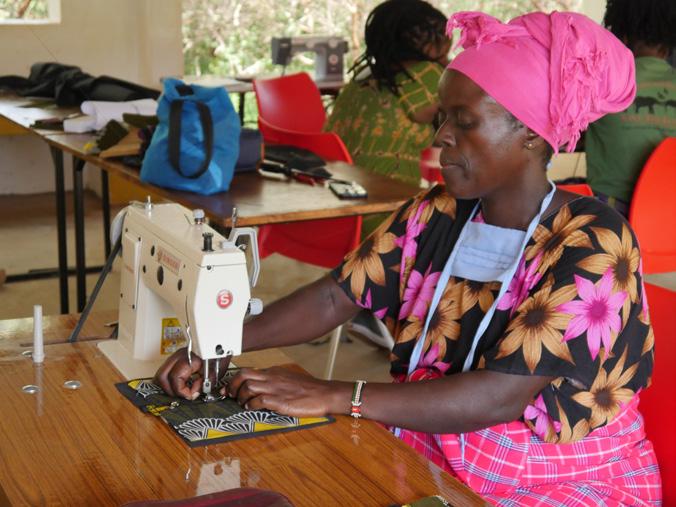
TIP
Beekeeping and farming gear such as gloves, masks, beesuits and gowns/overalls can be sewn for your local farmers.




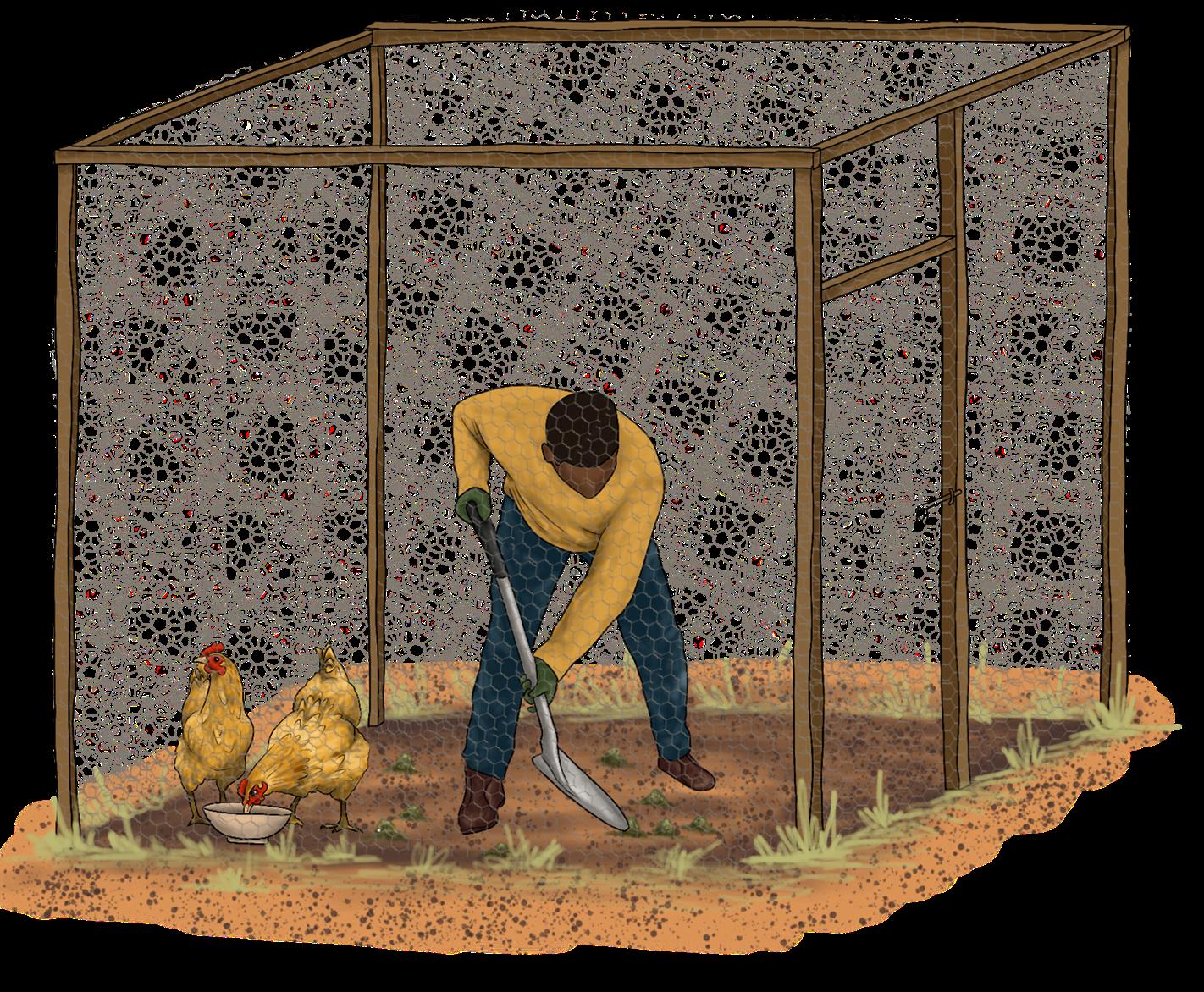
cons -
Most sewing machines require electricity.


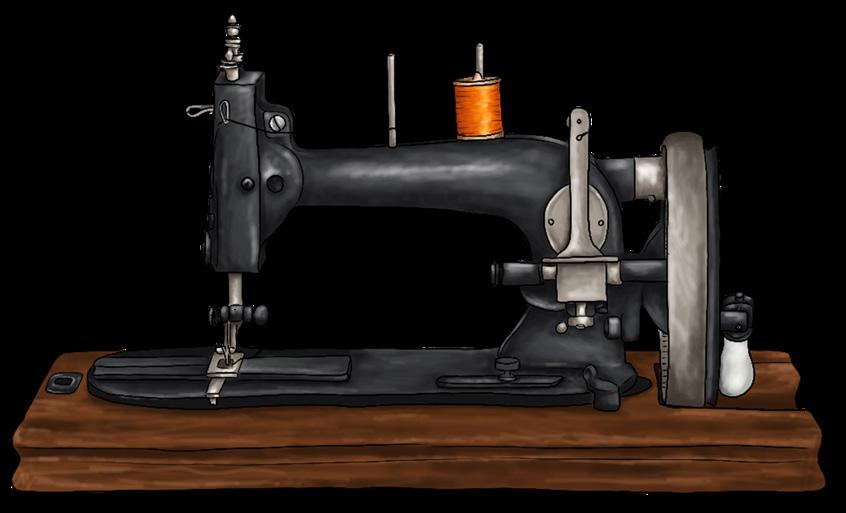
Moderate maintenance of the sewing machine is required.
Chicken rearing represents an alternative source of high-quality protein for communities.
Poultry can be an ideal alternative to communities involved in bush meat poaching.
Chickens also eat scorpions, ticks, beetles and other pests from around the kitchen gardens.
cons -










Feed quality must be good, otherwise chickens will not grow healthy, affecting size and quality of eggs and meat.
Chickens need moderate care and cleanliness. If not taken care of, diseases are easy to spread within the population and the business can collapse.
Some knowledge is needed on how to rear healthy chickens, but most local agriculture officers are able to help with training.
Chicken farming adds an income source and improves livelihoods. -Chickens can provide a nice boost to income.
Mlambeni woman using an electric sewing machine © Save the Elephants
Women in Niger break through with unique sewing cooperatives
5.
5) Elephant Friendly brewery
Beers can be made from millet that is sustainably grown in farms.

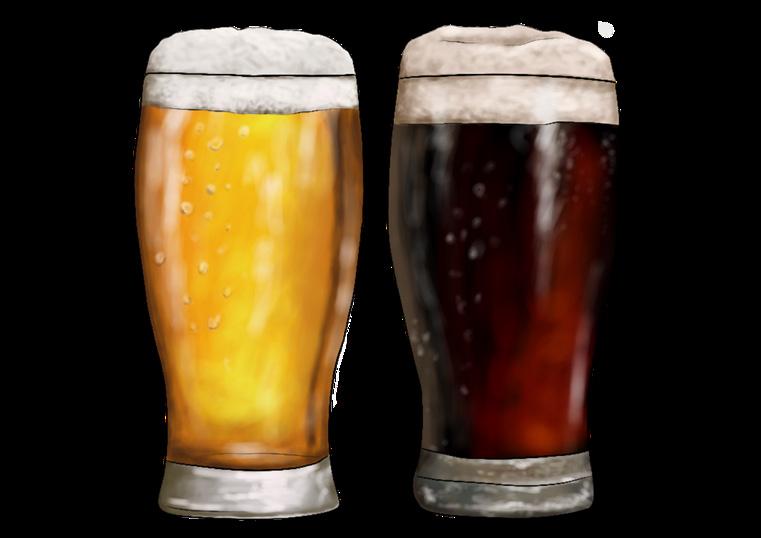
Although elephants may feed on millet, it is not their favourite crop, so installing protective fence barriers may keep elephants out of your farms.
More information on millet and elephants: The Living Elephants.
Millet is a drought resistant crop, and so can grow well on drylands.
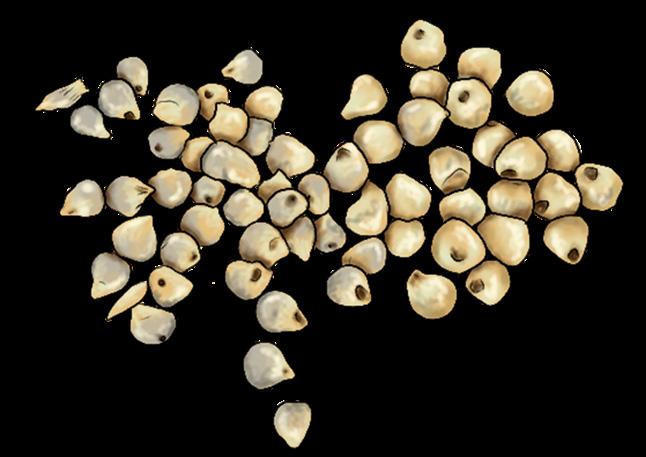
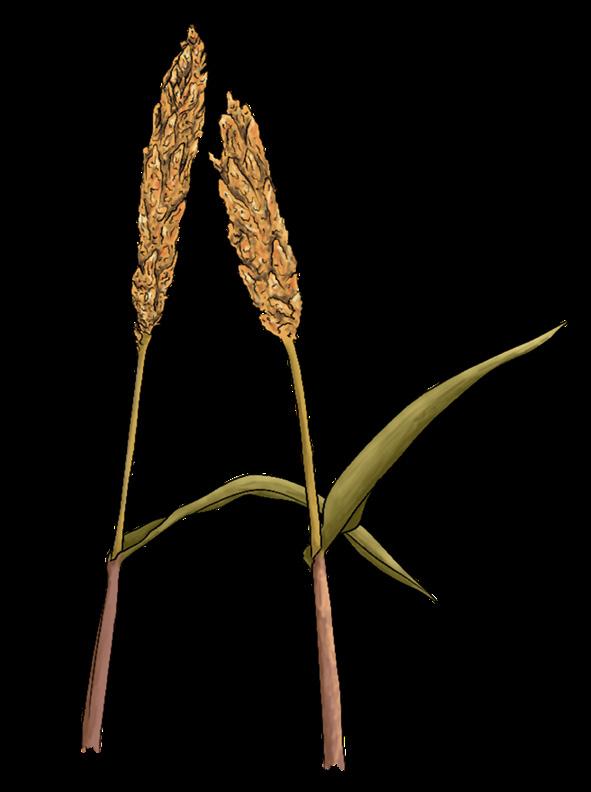
Okavango Craft Brewery (Botswana) buy millet from small-scale farmers around the Okavango at a fair price to reward them for their efforts to co-exist with elephants
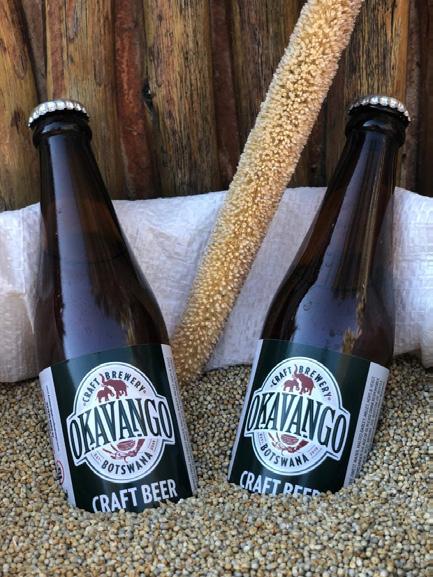
6) Products from Elephant dung
Elephant dung is freely available, in large amounts and has proved to have many uses.
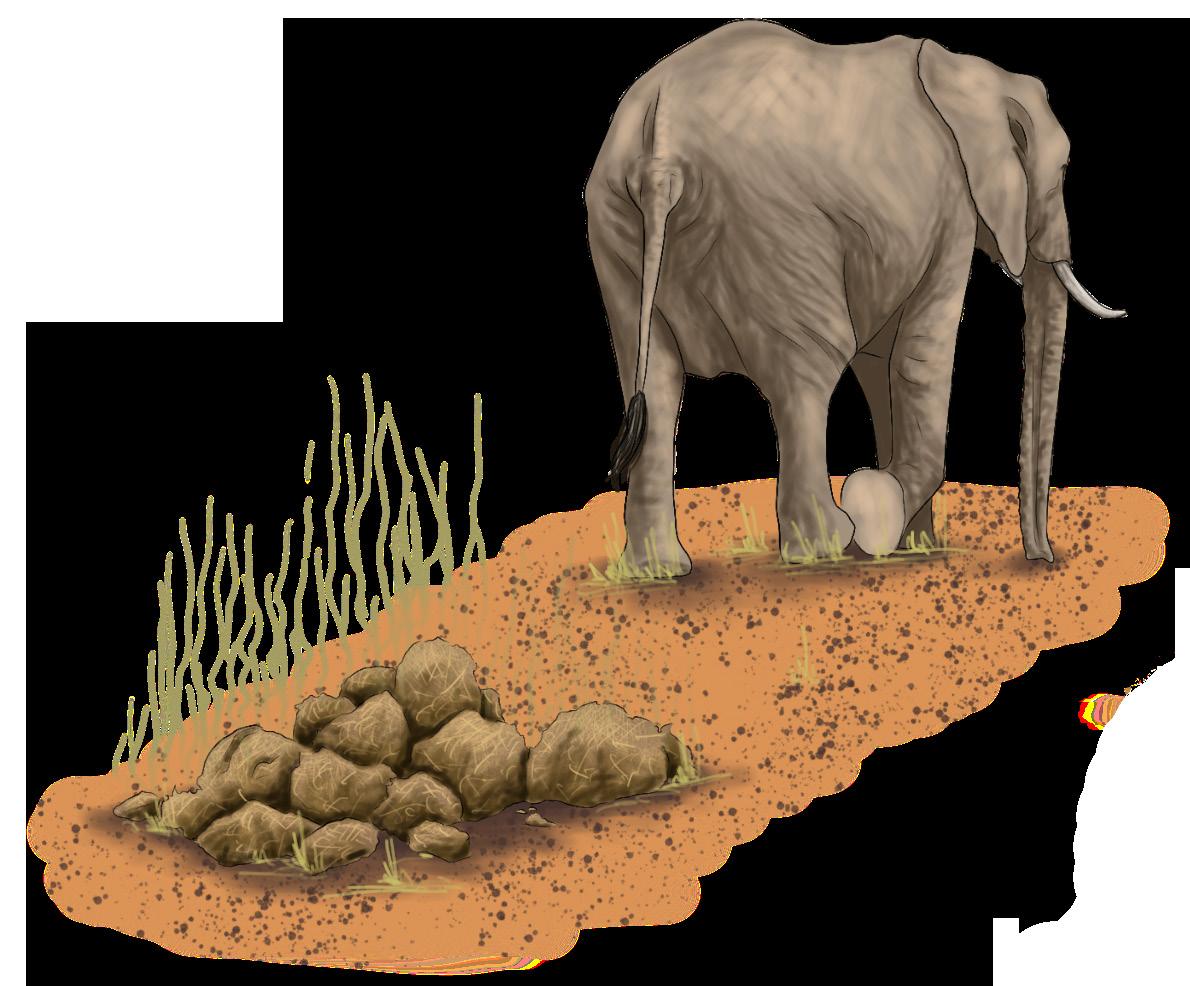
Traditionally, inhaling the smoke of elephant dung can treat headaches and reduce toothaches.
Kataara Women’s group (Rubiriizi, Uganda) are working towards zero poaching by making paper out of elephant dung.
They turn millet into craft beers.
Elephant-friendly honey can be used to make beer or mead, and breweries provide an alternative market.
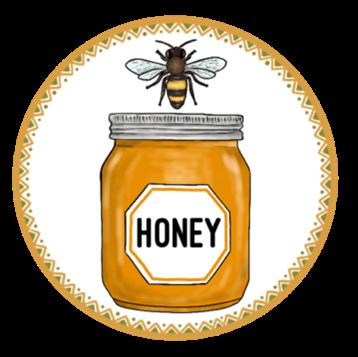
Watch more on Brewery Conservation https://www.youtube.com/watch?v=xaR1DObmonw&t=1s













Uganda
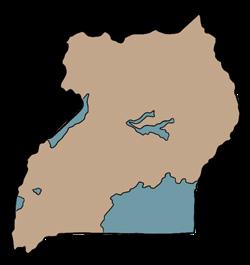
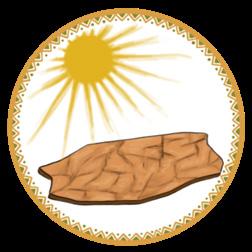
The eco-friendly product is used to make unique, handcrafted gift and stationery products like photo frames, visitor books, post cards, shopping bags and event cards.
Read more on: - Making Paper from Elephant Poo-Poo to Fight Poaching. - Watch Paper from Elephant Dung
Nampath Paper (Mwaluganje Elephant Sanctuary, Kenya) utilizes elephant dung to manufacture paper.
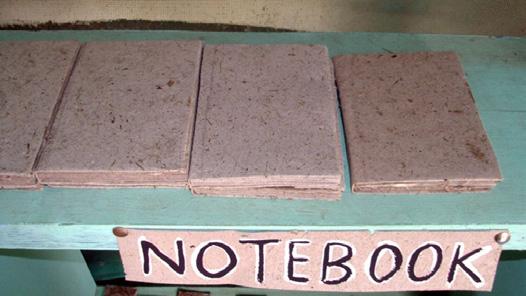
The paper making process starts when elephants feed on grass and trees and let it out in the form of dung.
125 sheets of paper can be produced from 50kg of elephant dung.
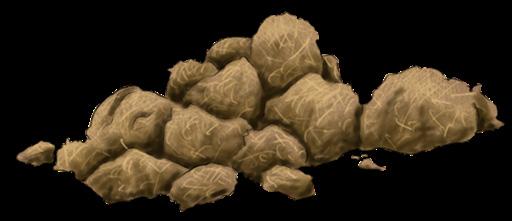
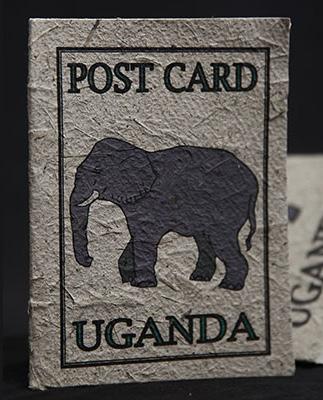
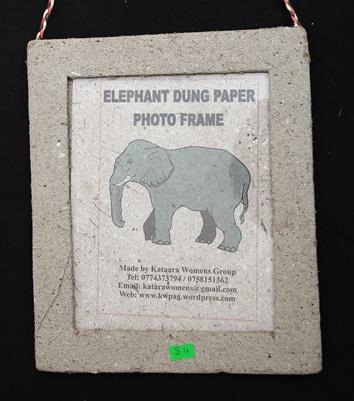
This technique of making paper reduces deforestation hence minimizing effects of climate change.
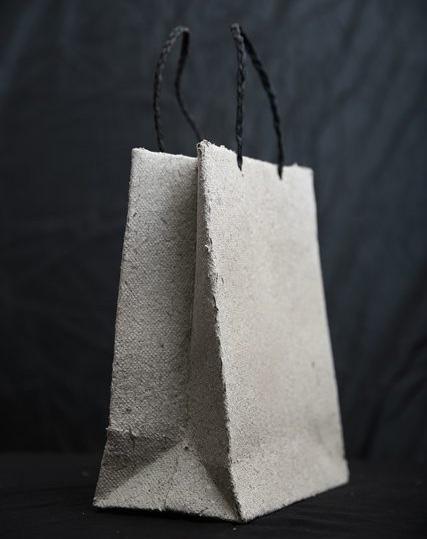
Check out Thailand online store, selling products made from elephant dung
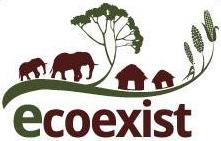 Craft Beers made from millet © Okavango Craft Brewery
Products made from elephant dung © Kataara Women’s group
Nampath paper made from elephant dung: Source- article by Gitonga Njeru
Craft Beers made from millet © Okavango Craft Brewery
Products made from elephant dung © Kataara Women’s group
Nampath paper made from elephant dung: Source- article by Gitonga Njeru
TIP 6.
This project is run by Ecoexist.
Eco-Charcoal briquettes


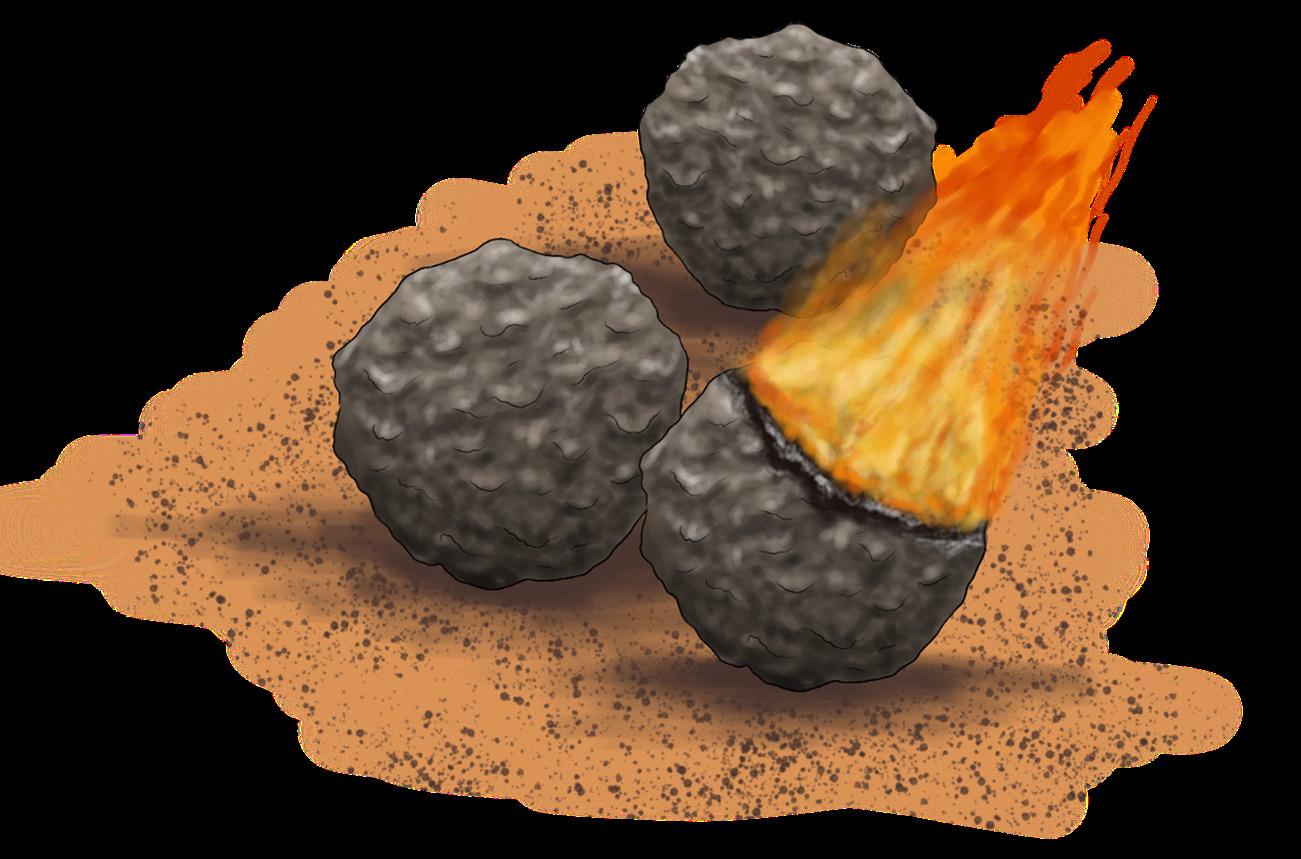
Using alternative cooking fuel to replace charcoal is important as cutting down trees for charcoal stresses the environment, affecting both people and wildlife.
Eco-makaa Briquettes (Kencoco, South of Kenya) takes advantage of the abundant supply of coconut waste (coconut shells & husks) in the region to make clean burning charcoal briquettes for cooking and heating.

PROS +
Eco-briquettes serve as a low-cost alternative to environmentally damaging fuels such as firewood, kerosene and wood charcoal that emit more carbon
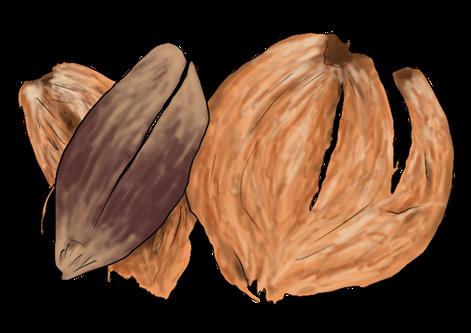
They have high heat content, burn for a long time and so are more efficient than wood or traditional charcoal.
They are largley smokeless, providing health benefits to indoor users.
Green charcoal briquettes (Uganda) are made of agricultural waste such as dry banana peels, coffee husks, plant and tree leaves that are dried and crushed into small pieces.
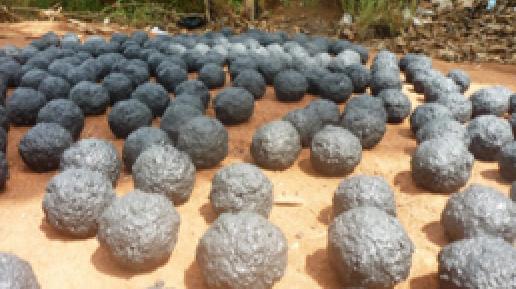
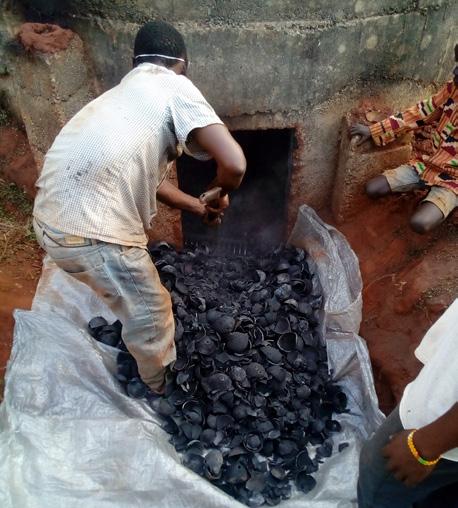
Mixture is then mixed with wet clay/mud, molded into round/block-like shapes by hand and laid on the ground to dry up for 3 days.


Using agricultural waste serves as an alternative to other fuels such as coal and oil.

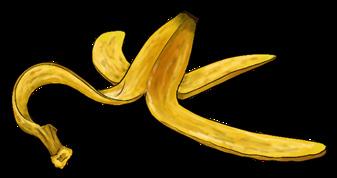
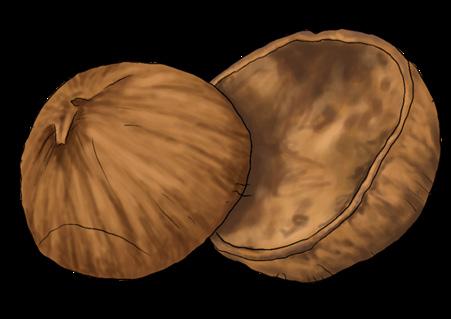
Credits and Disclaimer:

consGreen charcoal briquettes may take time to catch fire and burn. Watch more on Kencoco
General Tips:
Make sure there is an available market for the products you decide to produce/make if you want to sell the excess as a business.

Products must benefit both you and the environment to reduce effects of climate change and offer an alternative income other than farming.


We have collated resources from a range of different sources. Some of the methods represented are experimental and further research is needed. See References for more information. Save the Elephants advises caution with all the methods and information collected and presented in this illustrated toolbox. Further research may be required before each site-specific implementation.







* Save the Elephants is not liable for any costs, damages or injuries incurred by the use of these methods.

7)
Eco-makaa charcoal briquettes made from coconut waste © The Charcoal Project, Kencoco Ltd
Produced by Save the Elephants www.savetheelephants.org Illustrations by Nicola Heath Made in Kenya 2023
7.
Environmentally friendly charcoal briquettes. Sourced from article by Godfrey Olukya, Anadolu Agency












 Elephant friendly honey jars and lip balms © Elephants & Bees Project
Candles made from beeswax © Elephants & Bees Project
Elephant friendly honey jars and lip balms © Elephants & Bees Project
Candles made from beeswax © Elephants & Bees Project

























 Hand-made woven baskets and bags © Save the Elephants
Hand-made beaded bracelets © Wildlife Works
Hand-made woven baskets and bags © Save the Elephants
Hand-made beaded bracelets © Wildlife Works



























 Craft Beers made from millet © Okavango Craft Brewery
Products made from elephant dung © Kataara Women’s group
Nampath paper made from elephant dung: Source- article by Gitonga Njeru
Craft Beers made from millet © Okavango Craft Brewery
Products made from elephant dung © Kataara Women’s group
Nampath paper made from elephant dung: Source- article by Gitonga Njeru













